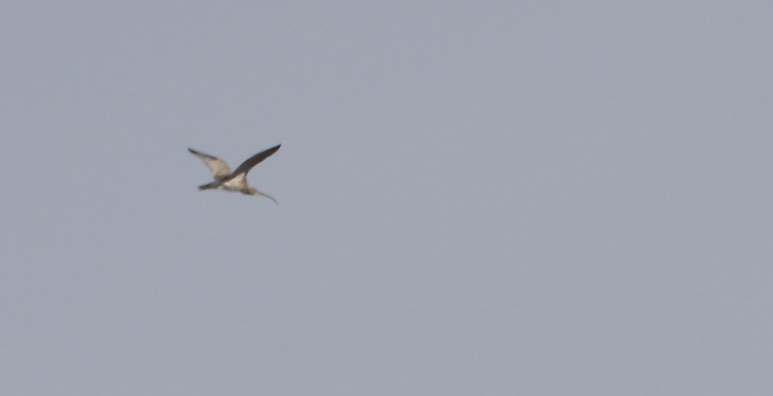
The oystercatchers returned in the darkness, and now the snipe are drumming. Spring is coming, and it’s a matter of hours until curlews drop back into the glen. I won’t see so many as I did last year, and my only consolation is that I’ll have more than I will in years to come. They’ll stay until May, and then they’ll leave empty handed, and I don’t hope for the best anymore.
Of course I’ll do what I can for the birds, but in truth they’re already gone. I’m told that I shouldn’t give up, but that makes me cranky now. I’m inclined to wonder if you would continue in my place. And for now it’s only wondering, but I’m not so far from snapping at friends and making a scene. I’ve spent almost fifteen years at this work for curlews, and nothing has come of it. I don’t think I’m naturally glum or downhearted, and I don’t take pleasure in turning out these melodramatic sob-stories. There are times when I can draw a line under what has happened and I can place that sadness in a neat compartment. But this morning I walked in the rushes and was impressed with a wild sense of loss.
Studying curlews and working on their conservation has taught me how it feels to come up short. Looking for bigger lessons, I can claim to have explored the reality of loss in tiny, microscopic detail; to want something so passionately and then be denied. That’s been instructive, although I’ve been hard on myself and cried more than I thought I would. And I’ve learned how sorely we are all being failed by tiers of politicians and conservation middle-managers who lack the courage and nouse to go the extra mile to protect wildlife. It’s been a relief to focus my anger on half a dozen named individuals who have acted as roadblocks to progress because they believed that curlews were incompatible with policy narratives. Perhaps that seems fanciful, but it’s a certain fact that half a dozen people hold a terrifyingly influential sway in Scottish conservation. It’s wholly perverse, and I try not to think too long on it.
Of course curlews will endure elsewhere. They’ll sing long and wonderfully in Angus and Aberdeenshire. I’m being petty and selfish for daring to hope that my niche interest can withstand the currents of development and progress. Things don’t work like that anymore, and I’m sorry it took me so long to realise it. But when I write about the loss of my curlews for a wider audience, I’m often confused by the response. People say “But we’ve got plenty of curlews in Northumberland/ or Sutherland/ or Argyll!” as if they’re trying to console me; as if the fact that my birds have gone will be softened by a reminder that theirs have not.
I’m glad that people care. We never used to, and that’s some progress at least. But I’m uncomfortable with the idea that you can sleep easily at night on the basis of local abundance. Look through the old record books and you’ll find that Galloway used to have the greatest number of breeding curlews in Britain. So it doesn’t matter how many curlews you have – we had more. And now we have none.
What happened here could happen to you in a few brief years. Please do not take these birds for granted. You will be staggered by the hole they leave.
Leave a comment